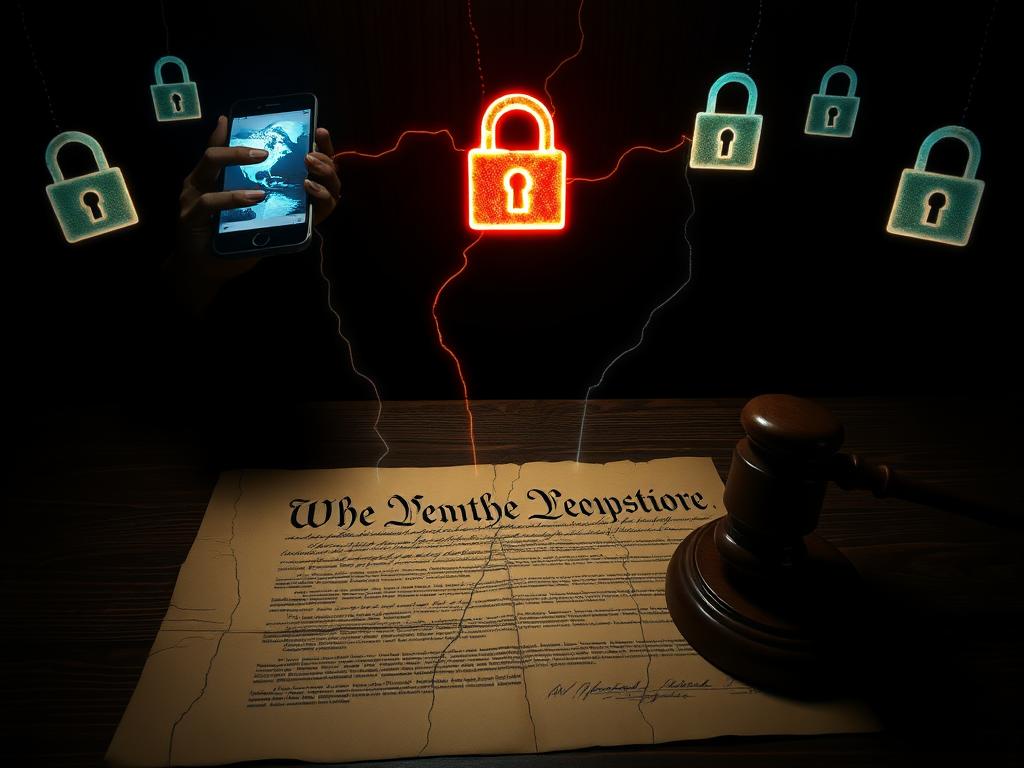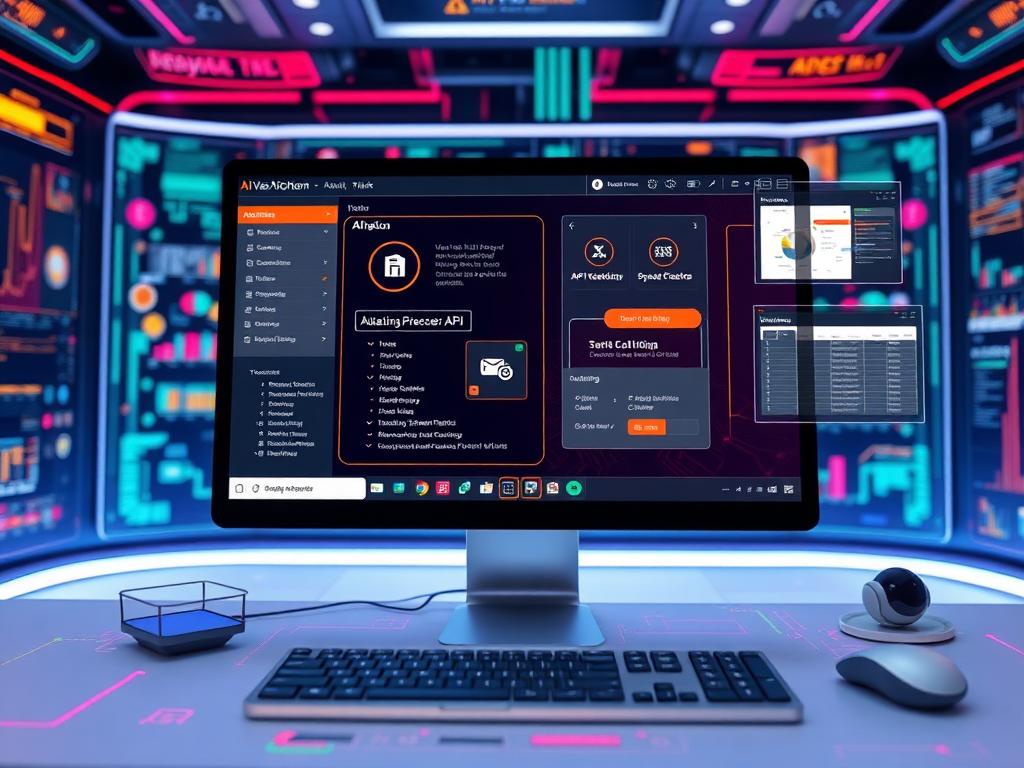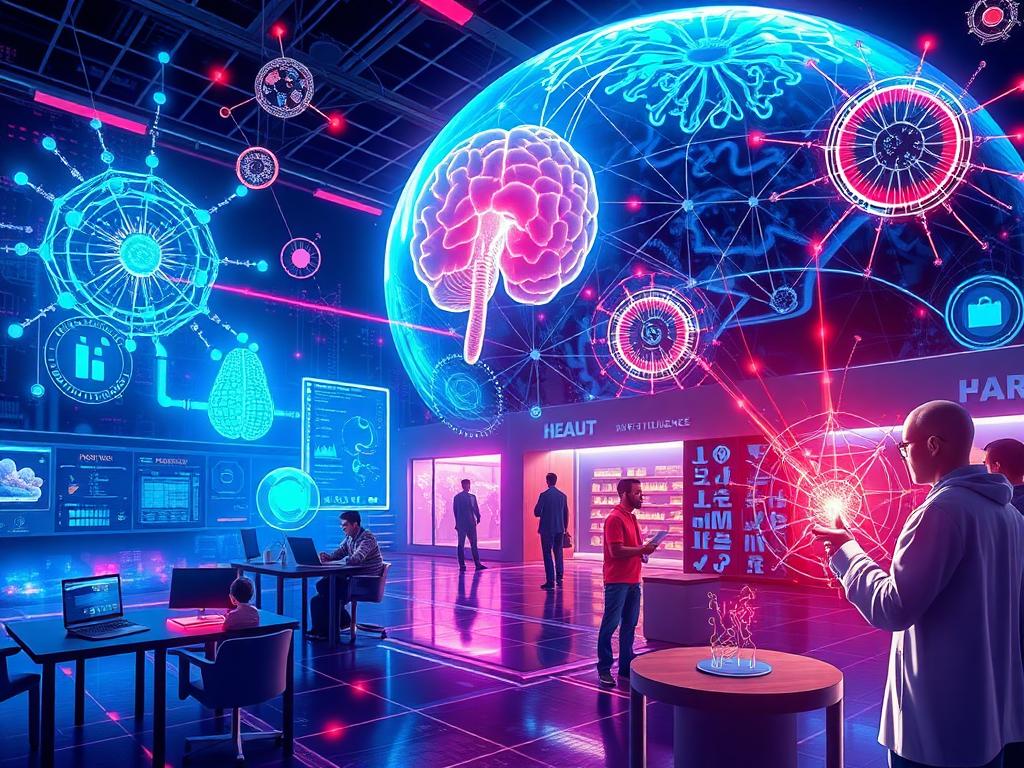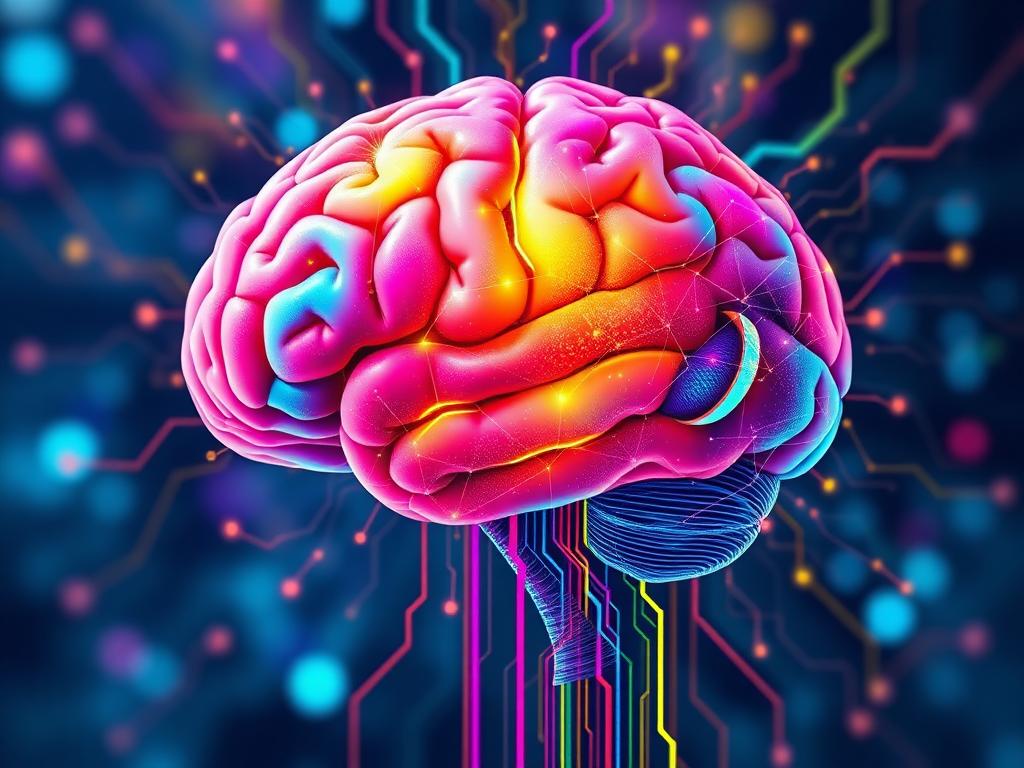
AI Tackles Fake News Detection
Discover how Dr. Fadi Mohsen’s machine learning framework aids in detecting fake news, enhancing cybersecurity, and combating misinformation in dynamic environments.
The rise of social media has revolutionized the dissemination of information, leading to the proliferation of fake news. To address this critical challenge, Dr. Fadi Mohsen, a researcher specializing in cybersecurity and machine learning, has developed an innovative web framework. This framework enables researchers to compare various machine learning algorithms for misinformation detection, advancing the fight against fake news.
Dr. Mohsen’s journey began with a focus on machine learning, but his fascination with cybersecurity threats redirected his research. Over the past nine years, he has integrated machine learning, text mining, and large language models (LLMs) into his cybersecurity work. His latest project, ‘Machine Learning Frameworks for Fake News Detection and Datasets’, provides a structured approach to evaluating fake news detection models across evolving datasets.
In his research, Dr. Mohsen utilized multiple datasets, including WELFake, Scraped, and Kaggle 1, to simulate real-world conditions. To promote transparency and reproducibility, he has made these datasets and the scripts used for their generation publicly available. This open-access approach allows researchers to replicate experiments, validate findings, and extend the framework to new contexts.
One of the challenges Dr. Mohsen faced was ensuring clarity in the README file that accompanies the framework. While the current method of sharing code is effective, he acknowledges the need for better version control to track changes made by others. By publishing the datasets openly, researchers can collaborate more effectively, validate findings, and accelerate advancements in misinformation detection.
Dr. Mohsen emphasizes the importance of tackling biases in AI algorithms. His approach involves selecting diverse datasets to mitigate biases and enhance the generalizability of findings. He highlights two striking observations from his work: the sheer volume of fake content online and the increasing use of AI and LLMs by cybercriminals to create highly convincing fake news.
To combat misinformation, Dr. Mohsen advocates for macro-level strategies, including public education on verifying information before sharing it. While automated countermeasures are essential, human vigilance remains crucial in addressing vulnerabilities and preventing the spread of fake news.

























































